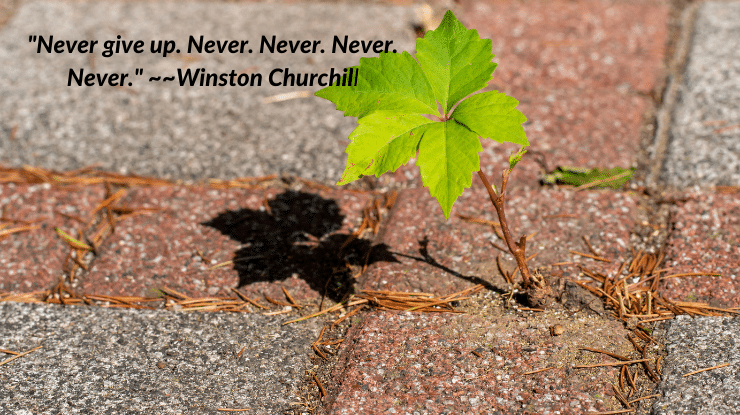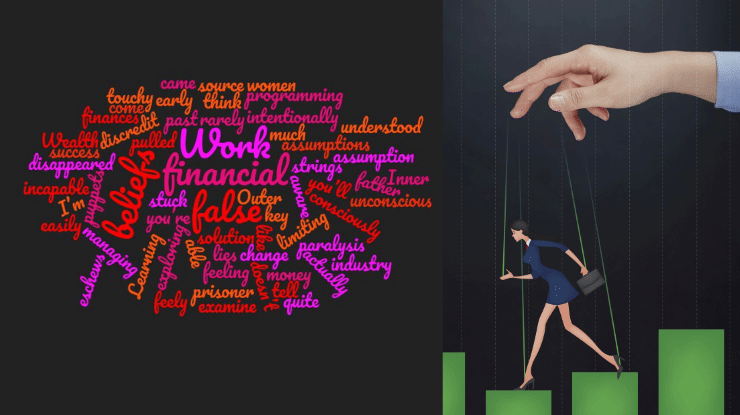I once saw a cartoon of a frog leaping from one lily pad to another. There’s a look of sheer terror on her face as she realizes she’s about to miss the lily pad. The caption read: Just when you think you’ve made ends meet, someone moves an end.
I suspect that millions of people are feeling a lot like that. Maybe you’re one of them. Poised midair between the old and the new, wondering “What do I do now?”
Welcome to the Age of Massive Uncertainty. The pandemic has played havoc with our lily pads. The present is unfamiliar. The future is unpredictable. Your sense of security is shattered. It feels like nothing’s happening, you’re going nowhere.
Many will do anything to avoid uncertainty. As humans, we yearn for the certainty of solid ground. We’ll numb our anxiety with alcohol or overwork. Or rush head-first into a new job, another relationship.
Yet uncertainty has a powerful purpose. It’s not an empty time. It’s a fallow time, a moratorium, a vital phase in the transition process.











